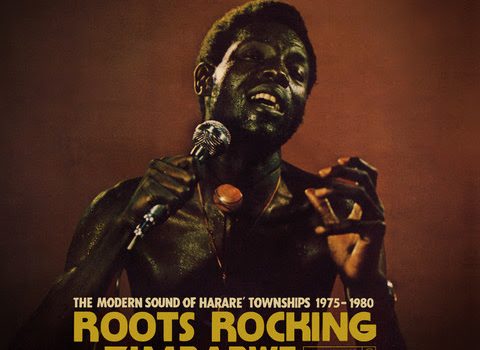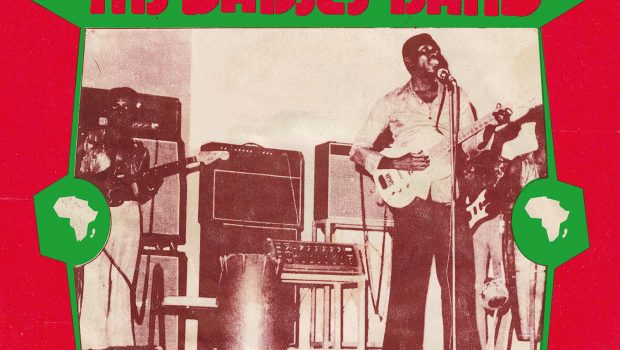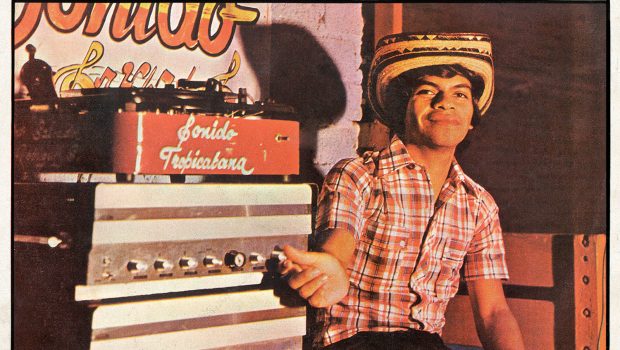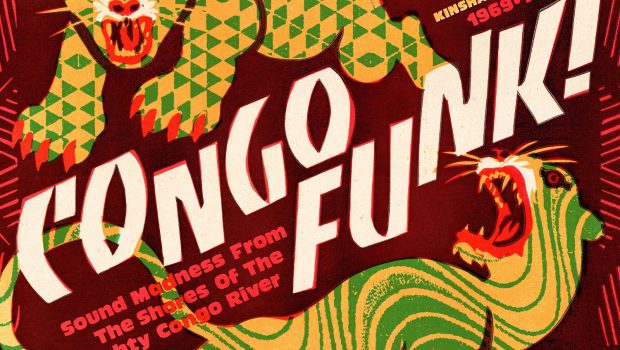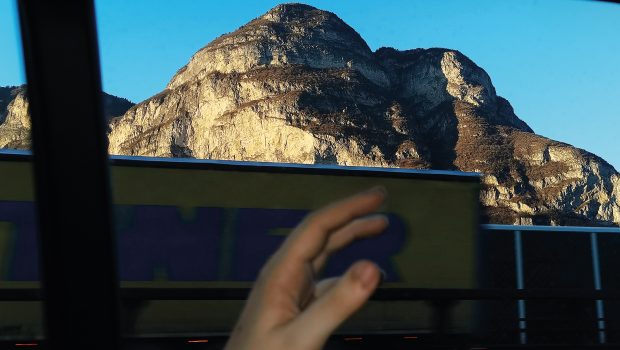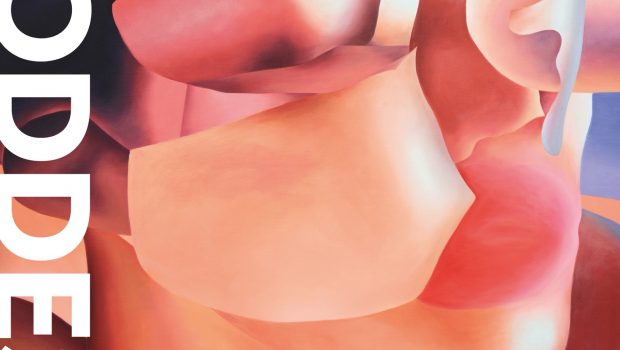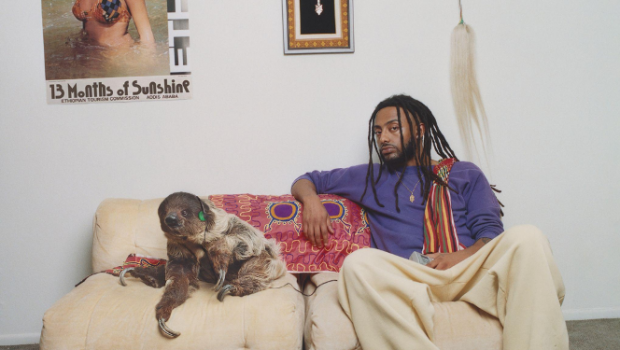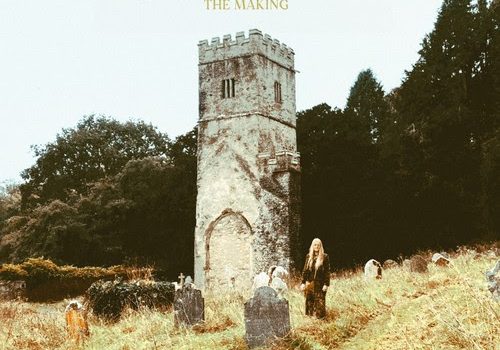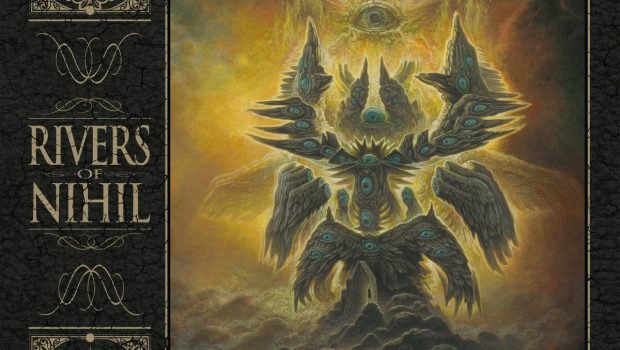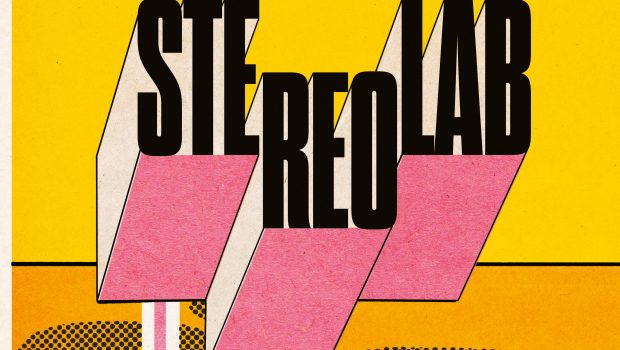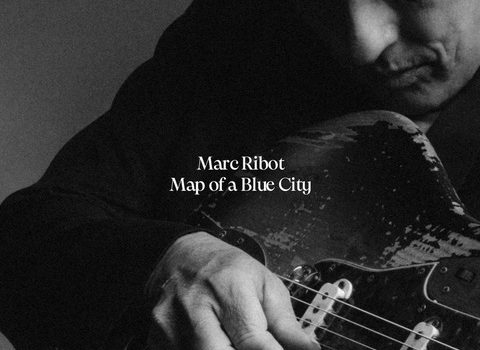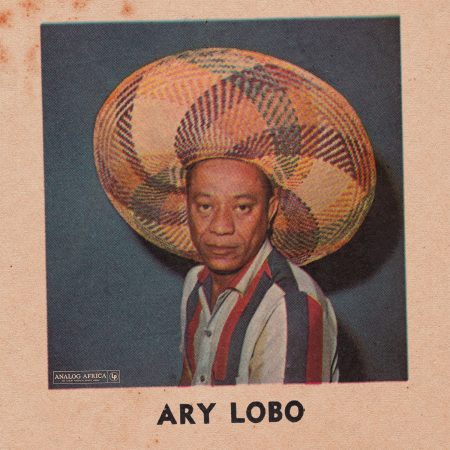 For its latest release, Analog Africa travels to South America for a compilation of songs performed by Ary Lobo, a singer of Afro-Brazilian heritage. Hailing from the northeast of Brazil, Lobo encountered the biases of a southern based industry. On his first audition, he was so exhausted from the journey that he was too frail to sing with sufficient power. Fortunately, his second attempt was more successful and led to a career in which he released an album for RCA Victor every year between 1958 and 1966. Tracks taken from those nine albums form the basis of this release.
For its latest release, Analog Africa travels to South America for a compilation of songs performed by Ary Lobo, a singer of Afro-Brazilian heritage. Hailing from the northeast of Brazil, Lobo encountered the biases of a southern based industry. On his first audition, he was so exhausted from the journey that he was too frail to sing with sufficient power. Fortunately, his second attempt was more successful and led to a career in which he released an album for RCA Victor every year between 1958 and 1966. Tracks taken from those nine albums form the basis of this release.
He was primarily an exponent of Forro, a style of music incorporating accordion, zabumba (a type of bass drum played with both hands) and large metal triangle, although within that there are a number of sub-genres that Lobo explored. That combination of accordion and triangle is also used in Cajun music and there are elements of crossover in his sound.
Lobo was a significant trailblazer for black artists from impoverished regions of Brazil in being able to play a major role in recording and performing. His subject matter was wide ranging taking in philosophy, science, politics, religion and commentary on Brazilian society moving towards modernity. His 1961 album, ‘Cheguei Na Lua’ (I arrived on the moon) exhibited his fascination with space travel and the moon in particular. For those of us without the linguistic skills to appreciate these details, the music has plentiful pizzazz to sweep us along on Lobo’s journey.
The fifteen tracks mainly have a fast tempo, the songs never exceeding the three-minute mark. It commences with the blast of accordion that sets ‘Movimento da Cidade’ underway, quickly developing an infectious rhythm, Lobo’s passionate tones supported by backing singers. It is an example of Côco (a type of rhythm that is also characterised by machine gun speed vocal delivery) which is the predominant style on the album with six of the tracks meriting that description. ‘Meu Guardados’ is bolstered by an especially buoyant melody line together with spirited call and response vocals that are a regular feature of the album while ‘Batuque du Indio’ has a wonderful accordion line and frenetic vocal delivery. It is noticeable how the voices are foregrounded in a way that is reminiscent of calypso.
Although still technically classified as a Côco, ‘Mensagem Ao Divino’ has a slower pace allowing Lobo to display his versatility coming across as a sophisticated balladeer. ‘Pedido a Padre Cicero’ continues that welcome dip in tempo, although Lobo’s speed of delivery ebbs and flows with elegance while accordion and flute lines swoop beguilingly. ‘Pedida A Sao Jorge’ is the one samba on the album, propelled along with joyful elan.
Side Two sets off with similar energy, ‘Sinha Olimpia’ being an example of Baião (a rhythm based around the zabumba), together with celebratory musical flourishes. Throughout the pace rarely abates. Another Côco, ‘Evolucao’ (which translates as ‘evolution’) stands out in an excellent field with its heart-gladdening rhythm and melody while suggesting that his lyrical content would be intriguing. With its heavier emphasis on percussion, ‘Visite O Terreiro’ is the album’s only example of Batuque, a dance that evolved into samba. Closing track, ‘Nego Sao’, is an outlier with piano to the fore adding a jazz flavour to the mix. It is described as ‘balanco’ which aptly translates as swinging.
What comes across most on this album is the sense of party and zest for life. Analog Africa uses the tagline, “the future of music happened decades ago” and this rings true. While the tracks were recorded six decades ago, they sound unlike anything I have heard before.
Ary Lobo: Ary Lobo 1958-1966 – Out 1st December 2023 (Analog Africa)
